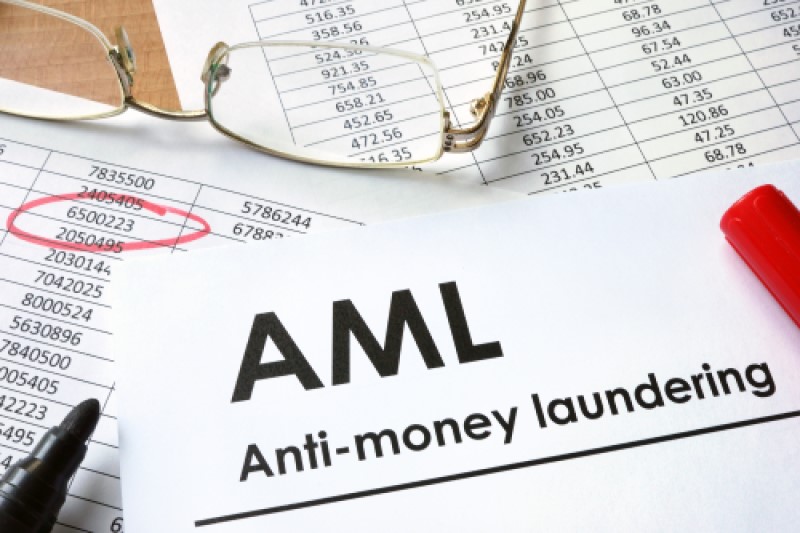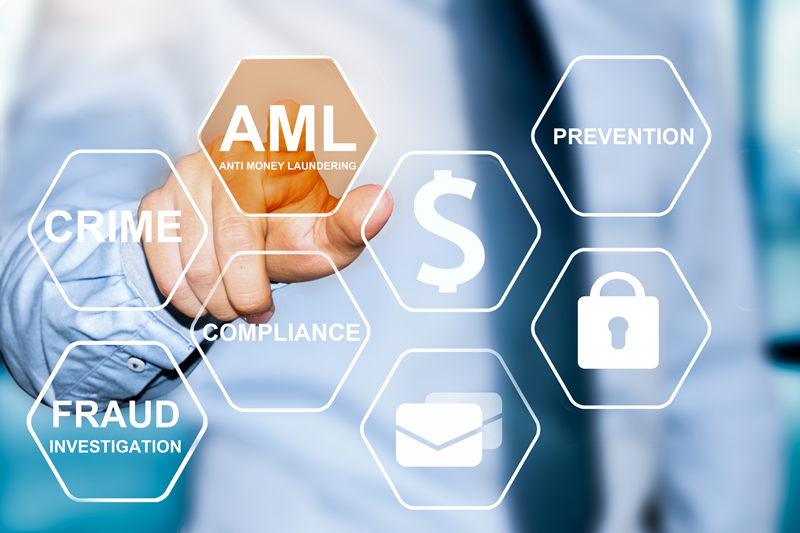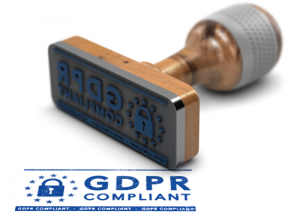Anti-Money Laundering (AML)
Notaries are supervised by the Faculty Office of the Archbishop of Canterbury in respect of their Anti-Money Laundering (AML) policies and procedures.
AML PROCEDURES
HM Treasury regularly publishes advisory notes about AML obligations.
Up until January 2020, a notary could comply with the statutory AML obligations as follows.
In the case of private clients and individual persons, the notary would inspect and take a copy of the
passport and a recent proof of address utility bill or bank statement.
In the case of corporate clients and other entities, by the notary would inspect and take copies of
the company or constitution documents of the entity and additionally verify and record beneficial
ownership. In this context beneficial ownership means identifying the ultimate beneficial owner
(UBO) e.g. the natural person or actual private individual, who controls a entity.
After these steps, provided the individuals, their documentations and the nature of the transaction
itself, were all of good character and bona fide, the notary had complied the AML obligations.
Nowadays, in addition to the above, there are further AML obligations for Notaries as follows.

5th European Money Laundering Directive
On the 10th January 2020 the 5th European Money Laundering Directive (EU5AMLD) came into
force.
The provisions are contained in the Money Laundering and Terrorist Financing (Amendment)
Regulations 2019.
The 5th European Money Laundering Directive requires relevant persons to take stringent
Customer Due-Diligence (CDD) measures, including carrying out Risk Assessments and checking
available data records for beneficial ownership information, before establishing a business
relationship with a new customer.
If a notary has a “substantive role” in the underlying transaction they are providing services in
relation to, then they are likely to be required to undertake a “risk analysis” for the transaction and
conduct ongoing monitoring.
If the notary has a “substantive role” and the transaction concerns any of the following matters,
then a “risk analysis” automatically becomes obligatory in law:
- The buying or selling of real property or business entities
- Management of Client Money, securities or other assets
- Opening or management of bank savings or securities accounts
- Organisation of contributions necessary for the creation, operation or management of companies
- Creation, operation or management of trusts, companies, foundations or similar structures
Notaries need to implement and document procedures for On-Going Due Diligence monitoring,
reporting and record keeping.
Anti-Money Laundering (AML) Searches
In order to help us comply with our statutory obligations for certain types of instructions, we use an online electronic identity verification system. Our on-line AML searches for Client Due Diligence (CDD) purposes cover the following areas:
![]()
- Electronic Passport and Proof of Address verification
- PEP status
- Sanctions
- Insolvency Procedures
There are two types of AML searches:
- Private Individual AML searches
- Company/Corporate AML searches
Our on-line AML search provider is Search Group Limited.
The fees for your AML searches will appear on your invoice as a disbursement and are charged at £6
per search, per private individual or £6 per company.
In certain cases, we may be required to undertake more extensive and enhanced Client Due
Diligence (CDD) Search Reports.

Situations where AML Searches and AML “Risk Assessments” are undertaken
Generally, a “Risk Assessment” will always be undertaken in relation to any instruction where the
notary has a “substantive role” and where any of the five matters as listed above arise.
Generally, the level of potential risk in a transaction or matter will dictate whether AML searches are
required.
For most corporate instructions, that involve a limited company client, we will likely need to
undertake AML searches.
Examples of cases or situations where AML searches are required and conversely where they are not
required, are as follows:
EXAMPLE ONE – AML Search Required
You are a large multi-national company setting up a new overseas office and a new overseas
subsidiary plus a new overseas bank account.
The notary assists you in preparing the Board Resolutions necessary to create your Power of
Attorney and also assists in the drafting of POA.
The overseas commercial registries and attorneys will not proceed without an Anti-Money
Laundering (AML) certificate issued by the notary, confirming the notary has verified the company
and its individual directors and its ultimate beneficial owner (UBO).
In such a matter it would be hard to argue that the notary does not have a “substantive role” and
AML searches and a “Risk Assessment” would therefore be required.
EXAMPLE TWO – AML Search not Required
You need to make a Statutory Declaration for use in England & Wales, to appeal a parking ticket fine you received from your local authority. This is charged at the Statutory Rate (£5).
The value of your parking ticket appeal is low and the overall level of risk associated with your
appeal is low. No AML search is required.
Terms and Conditions
Please see section 12 of our Terms and Conditions. It is an express term of your instruction to us that
you consent to an AML searches being undertaken for your personally and if applicable for your
company, or for a beneficial owner of your company, where we consider that we have a legal
obligation to undertake AML searches.
We will check the information that you give us against various different data sources. The service
provider has access to information from various agencies and organisations.
A record of this process will be kept that may be used to help other companies to verify your
identity.
A footprint will be logged on your credit file. This is harmless information and will not affect your
ability to obtain credit.
We may also pass information to organisations involved in anti-fraud and/or money laundering
protection. If you supply false or inaccurate information and we suspect criminal activity and/or
money laundering, we will record this and share it with other organisations. By providing your
continued instructions you are consenting to us carrying out this online AML ID check.








 Our Offices are located directly opposite the front of Charing Cross train station at:
Our Offices are located directly opposite the front of Charing Cross train station at:





